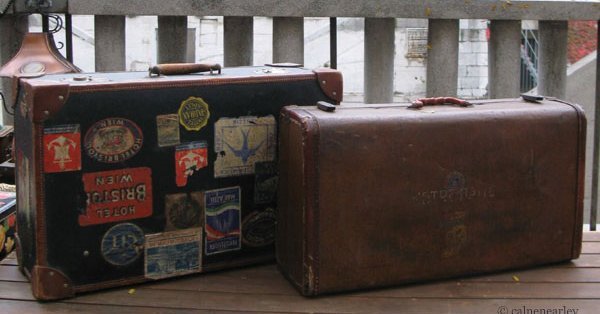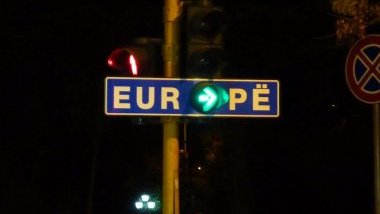A year ago I was getting excited for my friends from Belgrade, Podgorica and Skopje could start enjoying doing all the things that some of us have taken for granted: buy a low-cost flight to see friends on the other side of the European continent, visit an exhibition in a neighbouring EU country or attend a youth camp in Sweden freely, without having to go through the lengthy, expensive and uncertain procedure of applying for a Schengen visa. Now I’m happy that my friends in Sarajevo and Tirana will finally be able to do the same.
The visa liberalisation process is an important step within the European integration and one of the carrots the EU has at its disposal when dealing with neighbouring countries. However, the newly adopted rules that allow citizens of Albania and Bosnia-Herzegovina to travel freely also include a new follow-up mechanism for the visa liberalisation process in the Western Balkans. This mechanism allows the Commission to propose, if necessary, the suspension of visa-free travel, especially in case of difficulties not only for Albania and Bosnia-Herzegovina but also for Macedonia, Montenegro and Serbia.
In JEF we always argued that the liberalisation of the visa regime is essential in order to enhance regional stability and integration and foster economic and social prosperity because it will contribute to better cooperation between administrations and police services on the one hand and improve the business climate and educational exchanges on the other. But even more so because the visa requirement effectively prevents many young Europeans from travelling. Such a policy risks to create an isolated generation of young people who can only rarely visit countries from the Schengen zone, and yet, ironically, are supposed to bring about changes in their own societies and prepare them for joining the EU.
European foreign policy can only be effective if its carrots and sticks are credible.
While the visa liberalisation has been successfully used in the Western Balkan to lure countries towards a potential EU membership in the future, an official EU candidate country - Turkey - has been left out completely. While understanding the political considerations and potential reasons for treating Turkey differently and don’t share them and dare to ask myself if this is the correct thing to do. If the EU is truly about equal opportunities for all, about respecting the rules and implementing the standards it sets for others why does it fail to do so itself?
If we are speaking on level of principles, why do we give a person living in Albania the right to freely travel to the EU while we don’t give the same right to a person from Turkey? Or to a person of the same ethnic and linguistic origin but from the other side of the border, namely in Kosovo?
Residents of Kosovo will namely remain excluded from the lift of visa restrictions because of diverging positions on Kosovo’s legal status. This is a contradiction in itself: if Kosovo is considered part of Serbia, Kosovars should be allowed visa-free travel like the rest of the country. In contrast, if Kosovo is recognized as an independent state, it should be brought on the road to visa liberalisation.
In the youth work we are permanently confronted with young people who have to worry about the costs and the outcome of the visa application procedure. How are these young people then supposed to experience Europe and promote European values at home? As mobility doesn’t and shouldn’t stop at the borders of the EU we need to continue our lobbying efforts to make sure the EU doesn’t forget about the young Armenians, Azerbaijanis, Belarusians, Georgians, Kosovars, Moldovans, Russians, Turks and Ukrainians that remain behind the visa barrier.



Follow the comments: |
|
